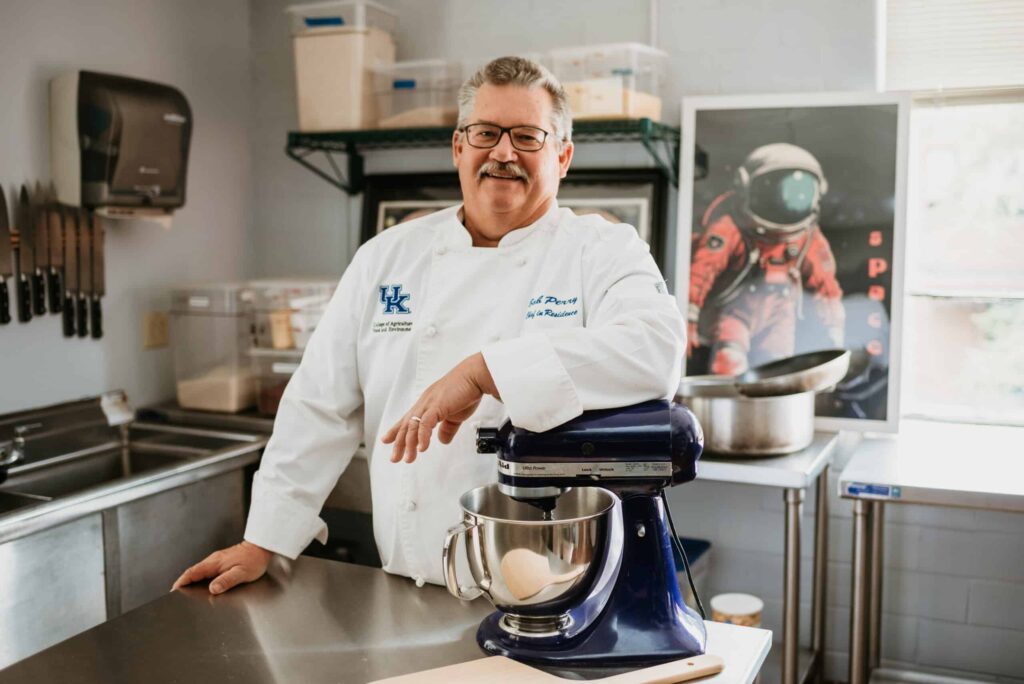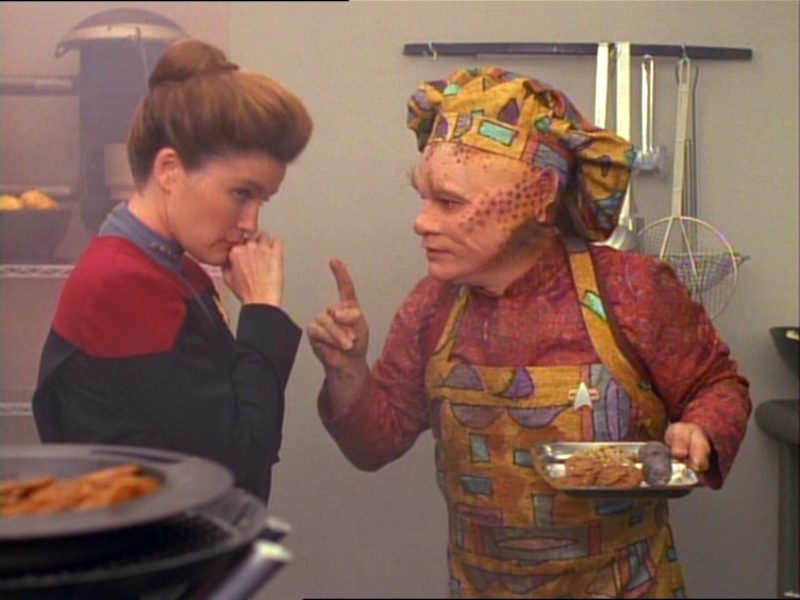The scenario is that of a futuristic spaceship, and you are astronauts headed to Mars. You are undoubtedly concerned with the on-board systems, the route and the experiments to be carried out, but only one question will continue to come to mind throughout the day. And it's “what's for dinner?”. Man does not live by technology alone, friends. The astronaut also needs food.
Our human experiences will keep us company in the great void of space, and food is an integral part of it. Even millions of kilometers from the Earth one owes magnà.
What will we put on the "space" dish
When it comes to food in space, it's not just a question of calories and nutrients. Just like on Earth it will be important to be able to taste, experience and enjoy a good meal. This is why the neurogastronomy, a revolutionary scientific discipline that aims to transform astronaut food from simple nourishment to a complete sensory experience.
Away from the stove of his "academic" kitchen Bob Perry, chef at the University of Kentucky, collaborates with Humanity in Deep Space, a group dedicated to finding solutions to the challenges we face in becoming an interstellar species.
Long-duration space missions, Perry explains, have a psychological impact. Neurogastronomy, a term coined in 2006 by Gordon Shepherd, a neurobiologist at Yale University, explores the fascinating connections between the brain and our experience of food, trying to understand how we perceive and appreciate what we eat. The latest study on the subject you find it here.

The culinary challenge towards the Red Planet
Traveling to Mars isn't exactly like spending an evening at a pizzeria. It's not just about feeding the crew, but about maintaining the balance between nutrition and enjoying food.
The challenge does not only concern the production of food on board spaceships, but also how the particular space atmosphere affects the microbiome and digestive processes: the health of the astronauts' intestines becomes a fundamental focus.
By studying all the interactions between food and the body, researchers can devise dietary strategies that optimize nutrient absorption and promote overall well-being. Food, you know, is not just sustenance: and that of astronauts should be no exception.

Food for body and mind
The isolation and confines of deep space travel can profoundly affect human psychology.
Everywhere in history there is a table where people gather to eat in every single society. Tools and applications for cooking in zero gravity will be essential for gastronauts, allowing them to face challenges and prepare meals in a microgravity environment.
The thoughts of boomer Trekkies like me naturally turn to the figure of the "space chef", a crew member who will also be responsible for "connecting" his colleagues through food. Perhaps managing small sustainable closed-loop food systems.
Figuring out how to give a kitchen (and a garden) to future “Neelixes” in space can inspire us to optimize food use on Earth too, reduce waste and grow nutritious meals, thus addressing issues of food scarcity and sustainability here home, where the man has already set foot. Here I am.


